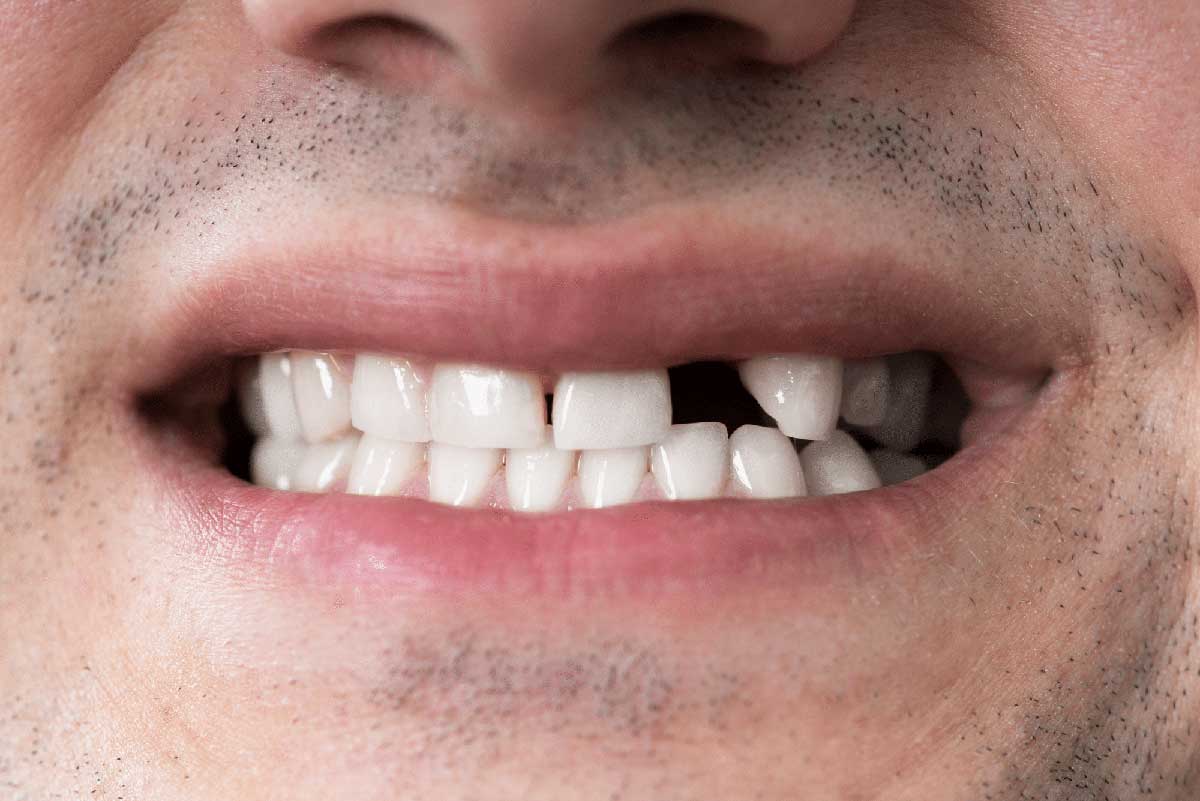Missing teeth affect chewing, speech, and appearance. They also influence bone health and overall oral function. While several treatments restore lost teeth, not all options offer the same long-term stability. A dental implant specialist can help you compare implants with bridges or dentures to find a solution suited to your health, goals, and preferences.
Differences Between Options
Bridges and dentures have been used for decades. Dentures rest on the gums and may replace one or more teeth. Partial dentures attach to nearby teeth, while full dentures sit along the entire arch. Bridges fill a gap by anchoring a false tooth to adjacent teeth that are reshaped to hold crowns. Dental implants offer a different approach. Instead of resting on the gums or relying on neighboring teeth, implants are surgically placed into the jawbone. This creates a secure foundation for a crown, bridge, or denture. Over time, the implant fuses to the bone and functions like a natural root.
Factors That Affect Daily Comfort and Function
People often choose implants for their stability and comfort. Dentures may shift during eating or talking. Some experience sore spots or gum irritation. Bridges, while more secure, can be difficult to clean and may strain nearby teeth. Implants allow for natural chewing and clear speech without adhesives or removable parts. A dental implant specialist helps make sure the implant is placed to support even pressure, which can help with balance and long-term wear. This approach may help patients feel more confident using their restored teeth in daily life.
Bone loss is a common issue after tooth removal. Without a tooth root, the jawbone may shrink over time. Dentures and bridges do not address this. Dentures may even accelerate bone changes by putting pressure on the gum and bone surface. Implants stimulate the bone through regular use, helping to maintain shape and density. When placed early, implants can support surrounding teeth and reduce long-term changes. A dental implant specialist evaluates whether there is enough healthy bone and may suggest preparatory care if needed.
Practices of Oral Hygiene and Maintenance
Each option requires maintenance. Dentures must be removed and cleaned daily. Bridges need extra care to prevent decay beneath the prosthetic. Both may need adjustments or replacement every few years. Implants are maintained through brushing, flossing, and regular dental visits. Because they are fixed in place, no soaking or adhesives are needed. With good hygiene, implants may last for decades. The implant itself is usually permanent, though the attached crown may eventually need replacement.
Costs and Value Over Time
Dentures and bridges usually cost less at first. They involve fewer visits and no surgery. However, they often need repairs, adjustments, or full replacement within 5–10 years. These ongoing expenses add up. Implants cost more initially but tend to last longer. The full process includes imaging, surgery, and follow-up visits. Some patients need additional care, such as bone grafts. A specialist may offer staged treatment or payment plans to make the process manageable.
Not every patient qualifies for implants right away. Factors like bone loss, gum health, and certain medical conditions affect eligibility. Still, improvements in surgical techniques and supportive care make implants accessible to more people than in the past. For those who want a non-surgical solution, bridges or dentures may be more appropriate. If comfort, bone preservation, and long-term value are priorities, implants often provide more benefits. A dental implant specialist can explain each step and help you weigh the options based on your needs and timeline.
Talk to a Dental Implant Specialist Before Choosing
Tooth replacement is both a medical and personal decision. Working with a dental implant specialist allows for an in-depth discussion of your goals, oral health, and available choices. With expert guidance, you can make a treatment plan that supports function, appearance, and confidence now and in the future.
- When to See a Foot and Ankle Surgeon
- Top Benefits of Visiting a Vein Clinic for Early Treatment of Vein Issues
- The Intersection of Gynecology and Endometriosis Treatment
- Regenerative Orthopedics for Post-Surgery Healing
- The Role of Pain Management in Living with Chronic Pain
